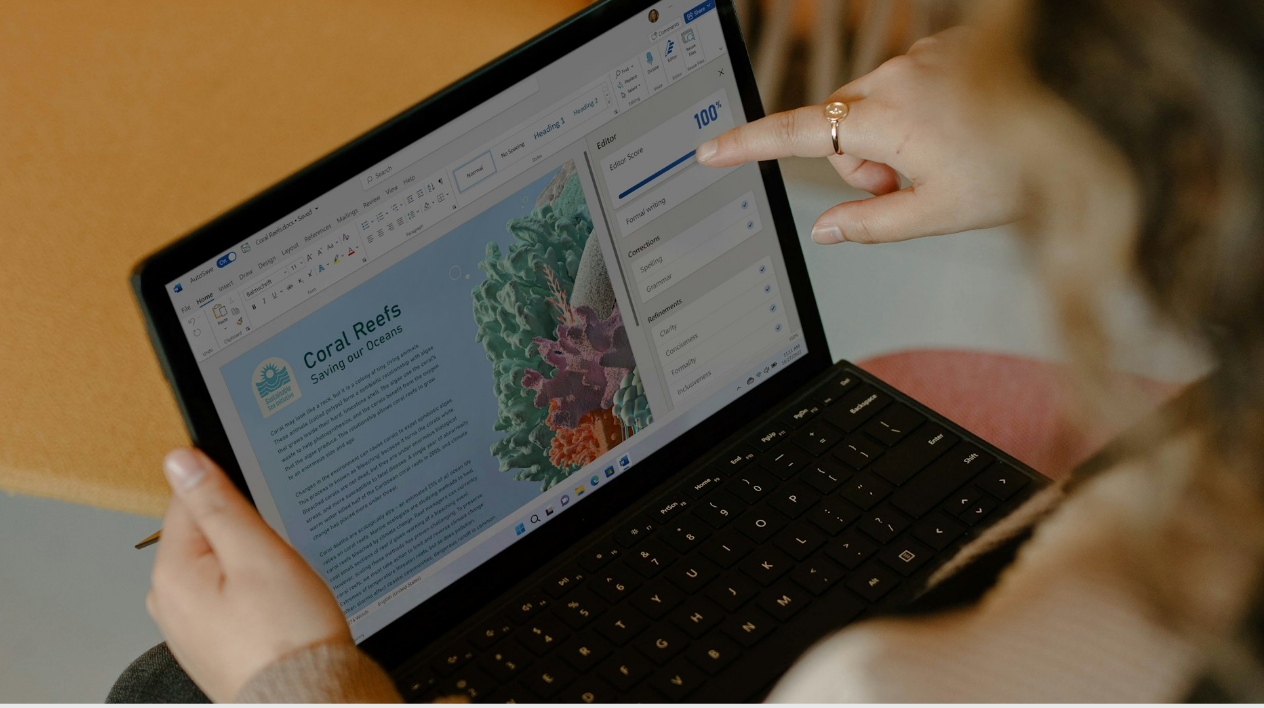Okay, listen. If you’ve been scrolling LinkedIn or eavesdropping in your local coffee shop (no judgment), you’ve probably heard someone throw around the term “virtual office.” And if you’re like, “What even IS that? Do I need one? Is it a scam?” — then congrats, you’ve landed in the right place.
Grab your tea (or oat milk flat white) and let’s get into it. I’m going to explain this whole virtual office thing in plain English, no MBA required. We’ll break down what it is, why people are using it, who it’s for, and whether YOU should jump on the bandwagon.
Wait, What IS a Virtual Office?
Imagine this: You want to run a business, but you don’t want to pay £3,000 a month for an office in London. You also don’t want your home address listed all over the internet (because privacy, hello). What do you do?
You get a virtual office.
It’s basically a service that gives you:
- A fancy business address in a good area (like Central London)
- Mail handling (they receive it, scan it, or forward it to you)
- Sometimes a landline and someone to answer your calls (so you sound profesh)
- Optional meeting rooms if you need to actually meet humans in person
So no, it’s not some creepy digital metaverse thing. It’s just a clever way to look legit without renting a physical space.
Why Is Everyone Suddenly Into Virtual Offices?
Because it’s 2025 and guess what? Most people don’t want to sit in a grey cubicle under fluorescent lights anymore.
Here’s why virtual offices are booming:
- Remote work is the norm now: COVID, Zoom, Slack, rinse, repeat.
- Cost of living is ridiculous: Especially in cities like London. Saving money on rent is a no-brainer.
- Side hustles are booming: People selling candles, consulting, doing crypto things—they all need a proper business address.
- You can look fancy without being fancy: Want your business to look like it’s based in Mayfair when you’re working from your flat in Croydon? Virtual office.
What Do You Actually Get with a Virtual Office?
Not all virtual offices are created equal. But here’s what you might get:
✅ Business Address — That shiny Central London postcode
✅ Mail Handling — So your Aunt Patty doesn’t accidentally open your business tax letter
✅ Phone Answering — A receptionist (real or AI) who says “Good morning, [Your Business Name]”
✅ Meeting Rooms — Pay-as-you-go access for when Zoom just won’t cut it
✅ Company Formation Help — If you’re registering a UK company and need an address
Okay, But Who Is It For?
Honestly? Almost everyone.
- Freelancers & Consultants: Look pro without giving away your flat address
- Startups: Keep it lean while you figure things out
- International Businesses: Want to have a UK presence without actually flying in
- E-commerce Brands: Amazon loves when you have a legit address
- Anyone with a Side Hustle: Etsy sellers, drop shippers, coaches — this is for you
Pros and Cons (Because Balance)
Let’s keep it real.
Pros:
- Saves loads of money (like… a lot)
- Makes you look bigger and more trustworthy
- Super flexible — cancel anytime
- Keeps your home address private
- Great for SEO (Google likes location-based businesses)
Cons:
- It’s not a real office, so no team culture
- Some banks might be picky about virtual addresses
- You can’t live there (yes, someone always asks)
- You might need to explain it to confused clients
How Much Does It Cost?
It’s way cheaper than renting. Like, way.
| Service | Monthly Cost |
|---|---|
| Basic Address | £15–£40 |
| Mail Forwarding | £5–£20 |
| Phone Answering | £25–£60 |
| Meeting Room (Hourly) | £20+ |
Some providers do bundles, so look out for deals.
Where Are the Best Virtual Offices in the UK?
- London (obvs): Mayfair, Shoreditch, Canary Wharf — great for clout
- Manchester & Birmingham: Growing business scenes
- Bristol, Leeds, Glasgow: Good value for smaller companies
- Ilford: If you want East London vibes without the Central London price, check out IBC (Ilford Business Centre) — they’re legit
Real Talk: Is It a Scam?
Nope. Virtual offices are legal, normal, and used by tons of respectable businesses.
BUT — not all providers are created equal. Some are sketchy and might get you flagged by Companies House or HMRC. So:
- Read reviews
- Check if they’re a registered UK address provider
- Ask if they’ve helped other companies register with Companies House
Signs You Need a Virtual Office Like, Yesterday
- You keep dodging Amazon’s request for a business address
- Your home address is plastered all over invoices
- You want to open a UK company but live in Dubai
- Your brand says “luxury” but your contact page says “Flat 2B, Croydon”
So… Should You Get One?
If you:
- Work from home
- Want to look more legit
- Hate wasting money on rent
- Need a professional image
…then yes. Absolutely. Do it.
And honestly, even if you already have a physical office, a virtual office can still help you expand or test out new markets.
Final Thoughts (a.k.a. TL;DR)
- Virtual offices are a smart way to run a business without the overhead
- They give you a professional address, phone support, and more
- Great for freelancers, startups, side hustlers, and global businesses
- Just make sure you choose a reliable provider
Pro tip: If you’re in the UK (or planning to be), look at places like IBC in East London. They’re affordable, real people run it, and you don’t have to sell a kidney to afford a decent postcode.
That’s it — you’re now smarter than 98% of people on LinkedIn talking about virtual offices.
Go forth and look legit ✨
